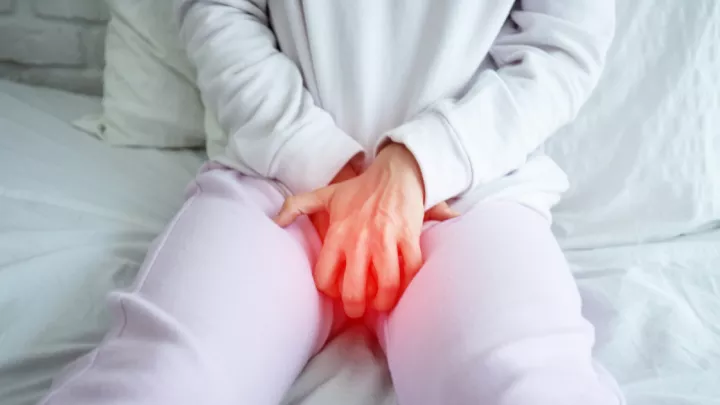7 signs you might have an STI

Understanding the signs of a sexually transmitted infection, or STI, is crucial for seeking timely medical care. Untreated STIs can lead to serious health complications, such as infertility, chronic pain and pelvic inflammatory disease, or PID.
Unfortunately, many STIs can go unnoticed, especially in their early stages. To help you recognize these concerns, Alyssa Fischer, APRN-CNM, shares seven common signs of STIs:
- Unusual discharge – One of the most common indicators of an STI is abnormal discharge from the vagina or penis. This could be a change in color, consistency or odor.
- Burning sensation – Experiencing a burning sensation while urinating can be a sign of STIs, such as chlamydia or gonorrhea. This discomfort may also be accompanied by increased urgency or frequency of urination.
- Itching and irritation – Persistent itching or irritation in the genital area may indicate an STI, such as genital herpes. This symptom can also be linked to other conditions, so professional evaluation is essential.
- Painful sores or bumps – The appearance of sores, blisters or bumps in the genital area could signal herpes or syphilis.
- Flu-like symptoms – Some STIs, like HIV, may present with flu-like symptoms, including fever, chills, fatigue and swollen lymph nodes.
- Pain during sex – Experiencing pain during intercourse can be a sign of an STI, such as chlamydia, gonorrhea and trichomoniasis, a common STI caused by a parasite, as well as PID.
- Changes in menstrual cycle – STIs can trigger irregular menstrual cycles, leading to heavier or more painful periods.
When to seek help
If you experience any of the signs or symptoms mentioned above, don't hesitate to reach out to your doctor for testing and evaluation. Remember, early detection and treatment are crucial for effectively managing STIs. For more information or to schedule an appointment, call 800.922.0000.
If you experience any of the signs or symptoms mentioned above, don't hesitate to reach out to your doctor for testing and evaluation. Remember, early detection and treatment are crucial for effectively managing STIs. For more information or to schedule an appointment, call 800.922.0000.






